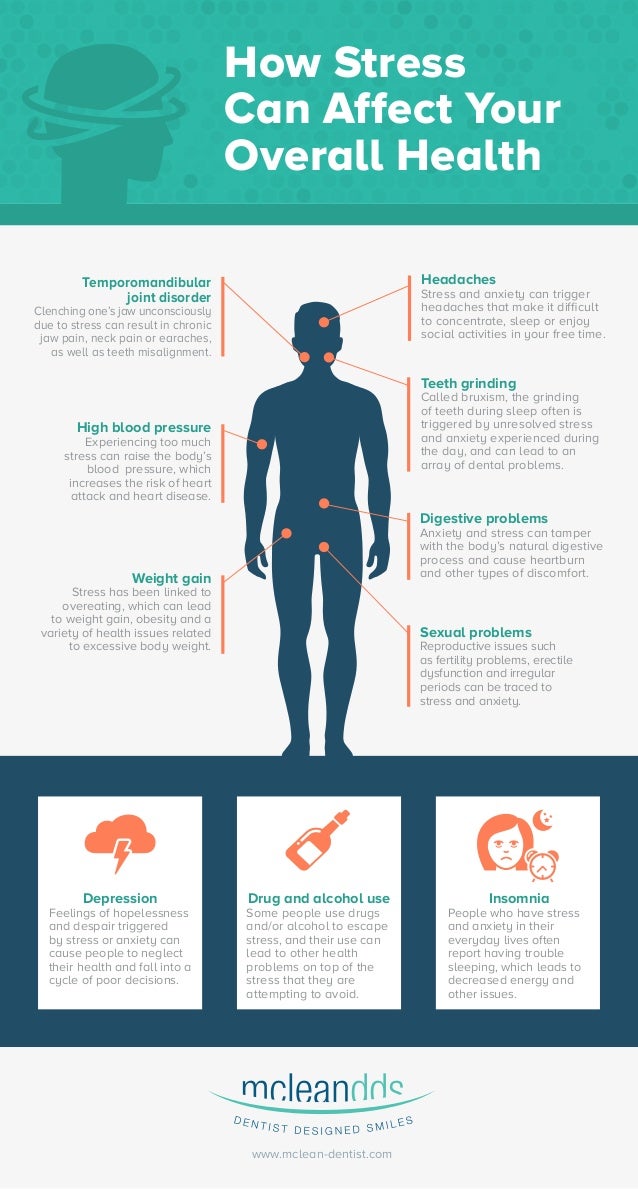Everyone experiences stress at one time or another. It is a normal response to life’s challenges and can be triggered by various situations, including sitting in traffic, moving to a new house, constantly worrying over financial obligations, or losing a loved one.
When you feel threatened or under pressure, a chemical reaction occurs in the body that allows you to act quickly and cope with the threat. This reflex is known as the “fight-flight-freeze” response. Stress may trigger an increased heart rate, rapid breathing, tense muscles, and heightened blood pressure.
A healthy level of stress can be beneficial in motivating you to achieve goals, meet deadlines, or make decisions. This type of short-term anxiety usually abates quickly and is not a major cause for concern.
However, unmanaged stress, or prolonged periods of anxiety that occur regularly, could have serious consequences on the body. When faced with bouts of chronic stress, it is common to experience unexpected aches, pains, and mental impairments that make it difficult to function on a daily basis.
Persistent anxiety is not a condition to take lightly. It can impact your body and overall health if neglected. Read on to consider the effects of stress on your well-being.
The Negative Effects of Stress on the Body
Over time, a build-up of anxiety may cause a number of mental and physical health problems. Here are some common ways that chronic stress can negatively impact your body.
- Headaches — In a state of heightened stress, muscles naturally tense to protect the body from injury or pain. Frequent and unrelieved muscle tension could lead to aches and pains throughout the body, including the head, neck, and shoulders.
- High blood pressure — When you feel stressed or threatened, your heart rate increases, and the blood vessels constrict. If the strain is ongoing, it could lead to chronic high blood pressure, which can increase your risk for stroke and/or a heart attack.
- Dental problems — A person with chronic stress is more likely to grind his or her teeth. Also called bruxism, jaw clenching usually occurs at night and can lead to an array of dental issues. These complications may include worn enamel and painful jaw problems, such as temporomandibular joint (TMJ) disorder.
- Weakened immune system — If you experience chronic stress, it may suppress or weaken the body’s natural defenses over time. A fragile immune system can reduce your ability to fight illness and makes you more vulnerable to infections or disease.
- Depression and mood changes — Mental health issues could arise if a person feels overwhelmed or incapable of managing life’s pressures. Chronic stress can lead to depression, irritability, and difficulty concentrating.
Manage Stress to Improve Overall Health
It is safe to say that we all encounter some degree of stressed in our lives. While there are many health problems associated with prolonged anxiety, the good news is that you can make positive lifestyle changes now to combat the risks. The following infographic can provide a detailed look at the effects of stress on your overall health.
This infographic was created by McLean DDS, a cosmetic dentist in McLean VA.


